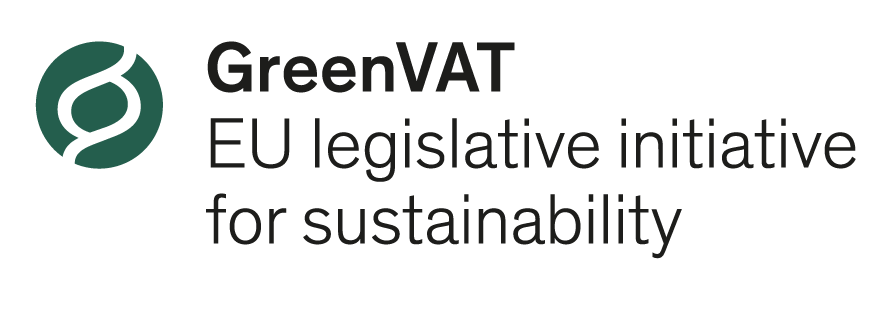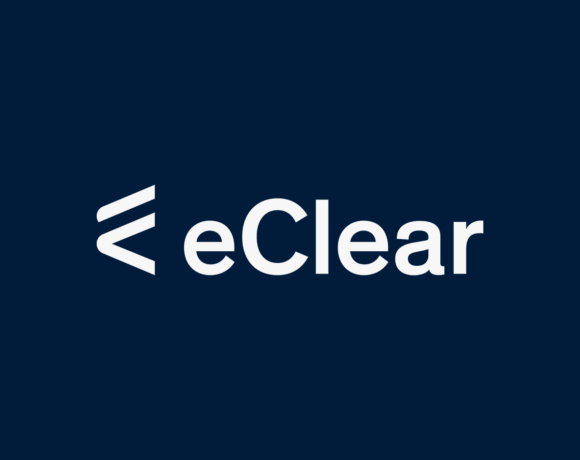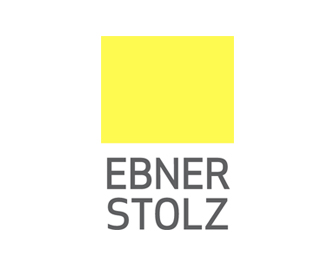Our mission
Our demands to the European Commission
-
EU-Law
The European Commission must bring forward a legislative initiative requiring all EU member states to implement tax cuts for organic, sustainably produced and environmentally friendly products in Europe.
-
Tariffing
The European Commission must develop legal regulations on tariffing and the resulting taxation of ecological, sustainably produced and environmentally friendly products.
-
Support
The European Commission must actively support the 27 EU Member States in transposing Green VAT into national law.
Initiative by Roman Maria Koidl
Why GreenVAT is so important for Europe
A reduced VAT on ecological, sustainably produced and environmentally friendly products is what Roman Maria Koidl, VAT expert and CEO of eClear AG, is calling for:
“A reduction of the VAT rate for green products leads to a reduction of the price difference to conventional goods. This strengthens competition for sustainably produced products and creates additional acceptance among the population — especially among consumers who were not necessarily aware of environmental and climate protection until now.”
Increasing sales of sustainable and environmentally friendly products would also lead to a rethink in the economy. Companies and producers would invest more in research and sustainable production.
European Citizens’ Initiative
To launch a so-called ECI (European Citizens’ Initiative), the first seven Europeans residing in seven different EU member states must join forces and submit their initiative to the EU Commission. The Commission then examines the content to determine whether it is responsible for issuing the legal basis and whether the initiators have no commercial interests.
Provided there are no objections, the initiative is approved. The seven organisers now have one year to collect at least 1 million signatures in Europe. Thresholds set by the Commission must be reached in at least seven EU member states. For example, at least 67,680 signatures must be reached in Germany, while in Greece, the target is 14,805.
Only if the required number of signatures is reached within a year will the initiative be successful. Then, the European Commission will take up the issue and invite the initiators to present their initiative to the Commissioners. In the best-case scenario, the EU Commission will then draw up a draft law and take the initiative to introduce it into the EU legislative process.
If GreenVAT becomes EU law, all 27 EU member states are obliged to implement GreenVAT in their national law within a set time. This would mean we would have a green VAT throughout the European Union.
Explained
Value Added Tax in Europe
Next to income tax, value-added tax is one of a state’s most significant income sources. Every person inevitably encounters it, whether shopping at the supermarket, going to the cinema, or paying the craftsman’s bill.
The basic idea is that every sale, no matter how small, should be taxed; a value-added tax should accompany every product from raw materials to finished goods to the consumer’s hand.
Every country in the EU has a standard tax rate, ranging from 17% in Luxembourg to 27% in Hungary. In addition, there are reduced rates and numerous exceptions. Reduced rates are consistently applied to important goods for everyday life. These are usually groceries and books. This tax relief is intended to make it easier for financially disadvantaged people to buy these products. Other EU countries go even further. Ireland, for example, does not tax children’s items up to a specific size at all, and ladies’ hygiene articles are also entirely exempt.
In Germany, the standard tax rate is 19%. It was temporarily reduced to 16% in 2020 due to the economic weakening caused by the Corona pandemic. The reduced tax rate is 7%. Here, too, there was a temporary reduction to 5%.
Supporters of the initiative
Kontakt
Do you have questions about the initiative or want to become an active supporter?
-
Contact person
Brigitta Hartmann
bha@greenvat.org
-
Imprint
Information according to § 5 TMG:
Roman Maria Koidl
Bahnhofpl. 12a
78462 KonstanzResponsible for the content according to §18 Abs. 2 VAT:
Roman Maria Koidl
Copyright notice
The site operator reserves all rights to this website and its contents. He is either the author or has had the corresponding rights of use granted to him. This does not apply to contributions and comments by third parties.




